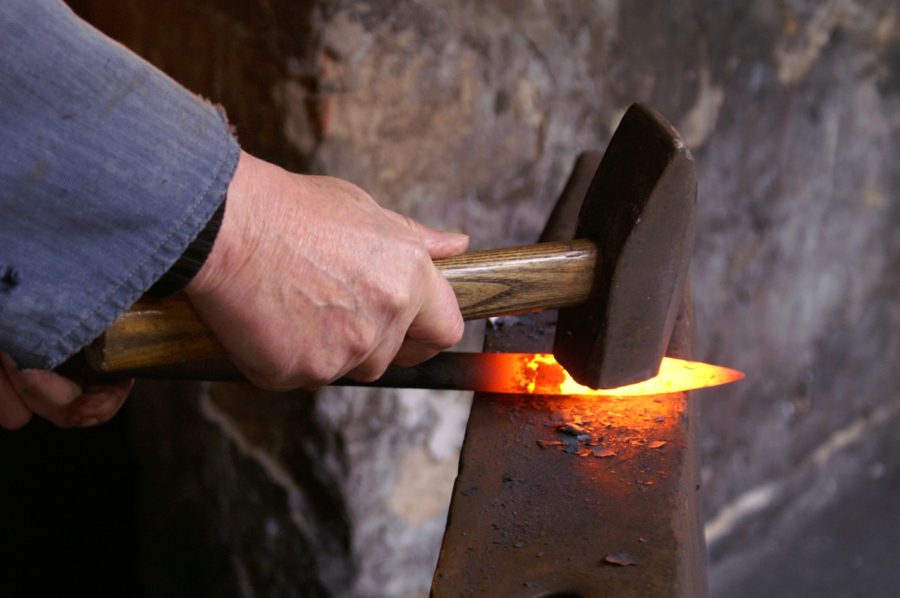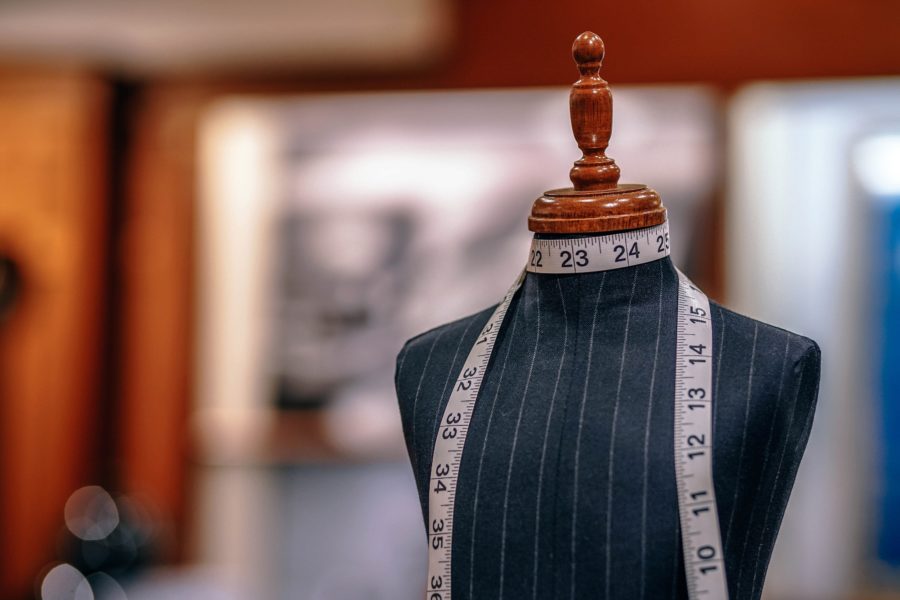Primarily merely
Mastering the Law of Trademarks
Under Canadian trademark law, a trademark cannot be registered if it is primarily merely the name or the surname of an individual who either is living or has died within the preceding thirty years. The first consideration is whether the mark is the name or surname of a living individual or an individual who has recently died. If this condition precedent is met, consideration is then given to whether the mark would be perceived by the average Canadian as primarily merely
a name or surname rather than something else.
Names and surnames that would not be perceived as primarily merely
a name or surname may be registrable.
For instance, the surnames Fior
, Elder
, Galanos
, Nishi
and McBean
have all been found to be registrable as trademarks because they are not primarily merely surnames. On the other hand, Coles
, Mario Valentino
and Karl Jurak
have all been refused registration.
Response of the general public
The test to be applied to determine whether a word is "primarily merely" a name or a surname of an individual is "what would be the response of the general public of Canada to the word". The test is not what the trademark applicant thinks the name represents, but rather the response of the general public, that is, a person in Canada of ordinary intelligence and of ordinary education in English or French. Generally, if the general public would respond to the word by thinking of it as a name or surname of an individual, then the mark is not registrable. However, if the general public would be just as likely, or more likely, to understand the word in some other sense, the fact that it is someone's name or surname would not be fatal to registration.

FIOR
FIOR has been allowed registration as a trademark for direct reduction iron ore. A Canadian Court found that FIOR was both a rare surname and an acronym (formed from the first letters of the words "fluid iron ore reduction"). The Court noted that from the point of view of the people called "Fior" and their immediate circle of friends and acquaintances, "Fior" was principally if not exclusively a surname. On the other hand, from the point of view of the trademark applicant, it was principally if not merely an invented word. However, the test is not the reaction of either of these classes of persons. The test is what would be the response of the general public to the word. The Court concluded "that a person in Canada of ordinary intelligence and of ordinary education in English or French would be just as likely, if not more likely, to respond to the word by thinking of it as a brand or mark of some business as to respond to it by thinking of some family of people". Thus, FIOR was not primarily merely a surname.
Dictionary definition
The fact that a word has a dictionary definition does not exclude the possibility that the word is primarily merely a surname.

COLES
COLES has been refused registration as a trademark for printed publications and the operation of a retail book and stationery store. The Supreme Court of Canada found that COLES was a surname that was well known to the general public. On the other hand, the dictionary meanings of the word "cole" were largely obsolete and would have been little known. The Court concluded that the general public "would immediately respond to the trademark 'Coles' by thinking of it as a surname and would not be likely to know that 'Coles' has a dictionary meaning." Thus, COLES was found to be primarily merely a surname.
View the decisionAnother meaning of equal significance
A surname that has another meaning, such as a dictionary definition, of equal or greater significance is not "primarily merely" a surname.

ELDER'S
ELDER'S has been allowed registration as a trademark for non-alcoholic beverages, namely soft drinks. In this particular case the conflict was between the surname Elder and the many dictionary meanings of the word "elder". The Federal Court found that the two characters of the word ELDER, one as a surname and the other as a dictionary word, were each of substantial significance and therefore it could not have been said that the word was "primarily" a surname. The Court concluded that a person of ordinary intelligence and ordinary education in the English language would not assign to the word "ELDER" a more dominant characteristic either as a surname or as a dictionary word. As a result, the trademark application was allowed.
No dictionary definition in English or French
A surname that does not correspond to any word defined in French or English dictionaries may be perceived by the general public as a coined word.

GALANOS
GALANOS has been allowed registration as a trademark for perfume and eau de toilette. GALANOS was a rare surname in Canada with no dictionary meaning in English or French. However, the word "galano" was defined in an English-Spanish dictionary as tasteful or elegant. The Federal Court observed that GALANOS "is meaningless in the French and English languages. But being meaningless the word does have another significance. That significance is that being a foreign word without meaning in English or French it is a coined, fancy or invented word sought to be used as a trademark. ... [A] Canadian of ordinary intelligence and education in English or French would be as likely, if not more likely, to respond to the word by thinking of it as a coined, fanciful or invented word used as a brand or trade mark of a business as by thinking of it as primarily merely the surname of an individual."
Significant area of Canada
Typically, where not even a majority of Canadians in a significant area of Canada would recognize a word as a surname, the word cannot be primarily merely a surname.

NISHI
NISHI has been allowed registration as a trademark for electronic equipment. The Trademarks Opposition Board found that NISHI was not a rare surname in Vancouver, but was a rare surname elsewhere in Canada and in the Province of British Columbia. Therefore, although a number of people in Vancouver might have recognized NISHI as a surname, it could not have been said that a majority of Canadians, or even a majority of Canadians in a significant area of Canada (for example, British Columbia), would have recognized Nishi as a surname. Moreover, it could not have been said that the number of Canadians recognizing NISHI as a surname was significantly greater than those recognizing it as a Japanese word meaning "west". Thus, NISHI was not primarily merely a surname.
Viewed in context
In determining the response of the general public to a mark, consideration may be given to the goods and services associated with the mark.

MCBEANS
MCBEANS has been allowed registration as a trademark for coffee makers and accessories, tea, and the operation of a business dealing with the sale of such items. The Trademarks Opposition Board reasoned that although "McBean" is not a rare surname, the average Canadian consumer viewing the word MCBEANS in connection with coffee and related products was just as likely, if not more likely, to perceive MCBEANS as a coined word, comprising the letters MC and the word BEANS referring to coffee beans, as opposed to a surname. The Federal Court upheld the Board's decision on this point.
View the decisionName of a designer
Designers' names are not somehow registrable in and of themselves.

MARIO VALENTINO
MARIO VALENTINO has been refused registration as a trademark for clothing. Mario Valentino was the name of a now deceased designer and thus met the test in the first step as being the name of someone having died within the previous thirty years. The Federal Court rejected the notion that, because other designers had registered their names, this created any assumption that designers' names were somehow registrable as trademarks in and of themselves.
View the decisionUnfamous names
Even though a name is not famous, it may still be primarily merely the name of an individual.

KARL JURAK
KARL JURAK has been refused registration as a trademark for minerals and vitamins. The Trademarks Opposition Board found that Karl Jurak was not a famous person known to the average Canadian consumer. However, an individual need not be famous in order for their name to be unregistrable. Even an unfamous name can be primarily merely the name of an individual. The Board concluded that there was no evidence that the name Karl Jurak would have had to the average consumer of minerals and vitamins any other meaning than the goods originated from an individual by the name of Karl Jurak. Accordingly, the name KARL JURAK was found to be primarily merely a name and was unregistrable. The Federal Court affirmed the Board's decision.
View the decisionFurther Learning Resources
The Trademark Manual of Examining Procedure (TMEP) is published by the United States Patent and Trademark Office (USPTO) and includes an entry on surnames. This entry may be of interest because Canada's trademark legislation adopted the words "primarily merely" from the United States' trademark legislation.
The material made available on this website does not constitute legal or professional advice and should not be relied upon as such. Always obtain legal advice promptly in deciding an appropriate course of action for your particular situation.